Your cart is currently empty!
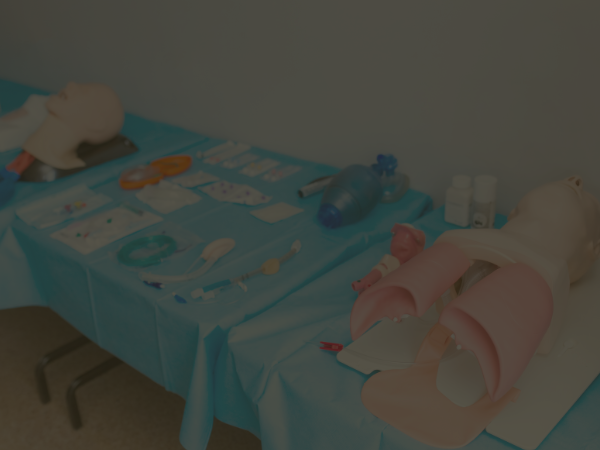
Every year, more than 300,000 people in the U.S. suffer a cardiac arrest outside of a hospital, and nearly 90% of those cases are fatal. With each passing minute, survival chances drop – unless someone trained to help can intervene. That’s why Advanced Cardiovascular Life Support (ACLS) training is so essential for healthcare professionals If… Read more

If you’re working in healthcare, you’re already doing the hard work of saving lives, thinking fast, and showing up for your patients every single day. With everything on your plate, remembering when your ACLS certification expires probably isn’t your top priority. Still, staying current is important, and, fortunately, it’s easier than you might think. Advanced… Read more

For healt hcare professionals, fast decision-making and knowledge of first aid can save lives. Pediatric Advanced Life Support (PALS) and Advanced Cardiovascular Life Support (ACLS) are two essential certifications that prepare providers to respond to life-threatening emergencies. While both focus on evidence-based emergency care, they serve different patient age groups: PALS is for health care… Read more
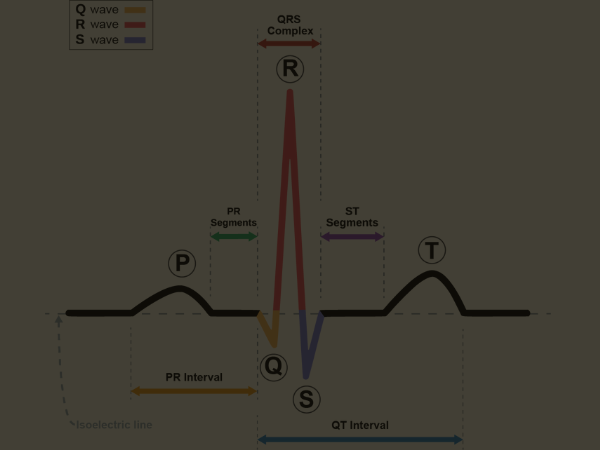
The PQRST wave is a component of an electrocardiogram (ECG or EKG) reading. It provides information about the heart’s function. In many ways, the PQRST wave is the heart’s signature, which provides insight into its function and health. Understanding the PQRST wave meaning is critical to knowing what to do when someone is facing a… Read more
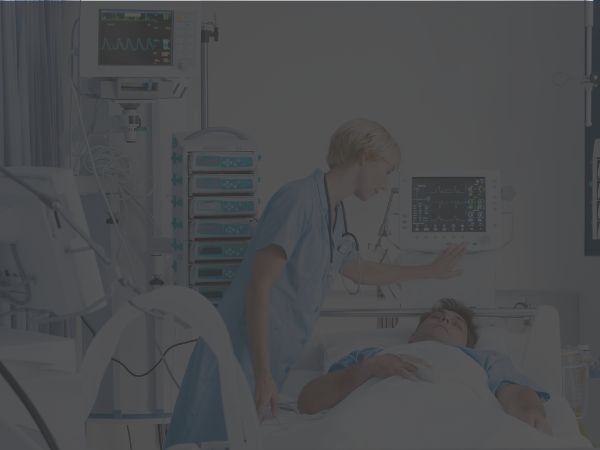
Advanced Cardiac Life Support (ACLS) is the gold standard of clinical guidelines when it comes to managing and treating life-threatening cardiac emergencies. ACLS expands on basic life support (BLS) and mastering it is essential for frontline healthcare providers. The significance of knowing your ACLS guidelines can make all the difference in those critical life-threatening moments… Read more
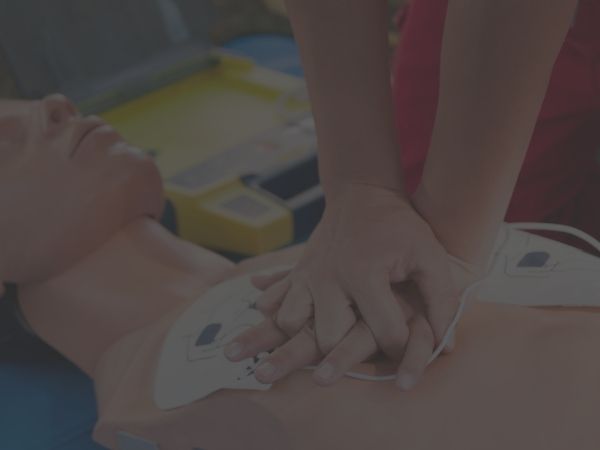
As a health care professional, you know that every second counts when your patient is in cardiac arrest. The faster you can restore a regular heart rhythm, the better chance your patient has to survive to discharge. Maintaining a high chest compression fraction (CCF) is a critical factor in improving their chances. But how can… Read more
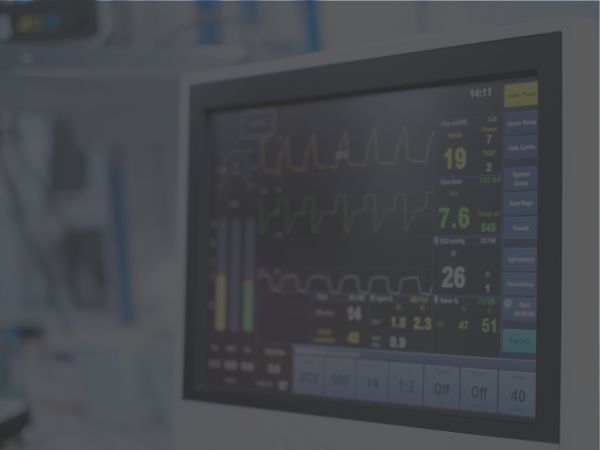
What is atropine? Atropine, also known as atropine sulfate, is an FDA-approved medication for anti-sialogogue and anti-vagal effects. It is also effective for the treatment of Organophosphate, muscarinic poisoning, and bradycardia. It is a competitive antagonist of muscarinic receptors, making it an anticholinergic drug. Utilizing it at the right time and for the right purpose… Read more

In emergency settings, recognizing critical signs and symptoms quickly and confidently allows you to take swift action to save lives and preserve the quality of life for those under your care. Becks Triad is one such set of symptoms. It can help diagnose life-threatening conditions like cardiac tamponade. In this guide, I explore this triad,… Read more
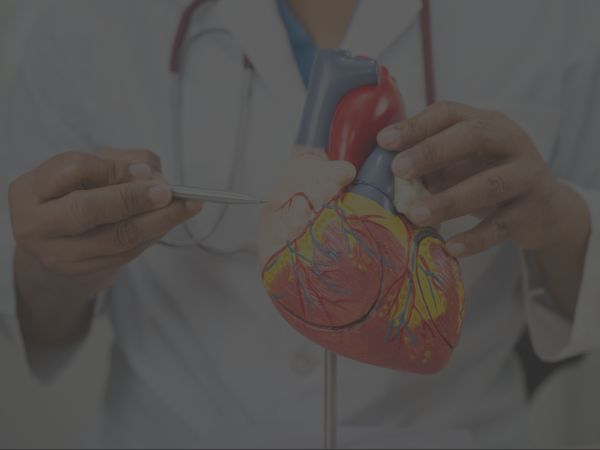
Whether dealing with a fast heartbeat or a more complex arrhythmia, these vagal maneuvers offer a quick, non-invasive way to manage your patient’s condition. In the medical tech-dependent emergency medicine environment, it’s easy to forget about some of the practical solutions you have at your disposal. The simplest solution is often the best, and knowing… Read more
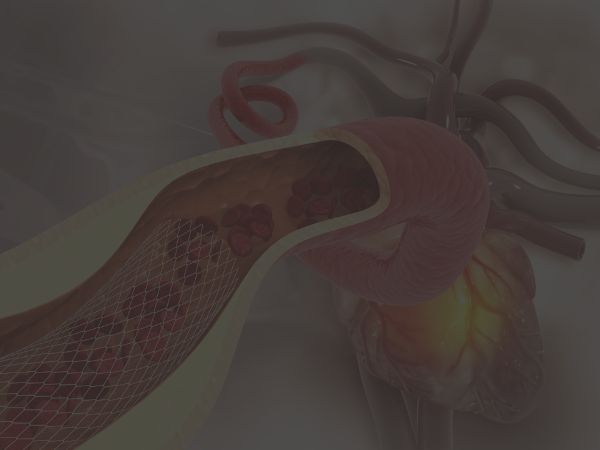
As a professional directly responsible for patient care, you’re the first line of defense for patients have their worst day possible. You can save a life. Yet, with all of your advanced medical training, there is one highly complex situation that may give you pause. That hesitation could cause a delay when seconds matter. That… Read more